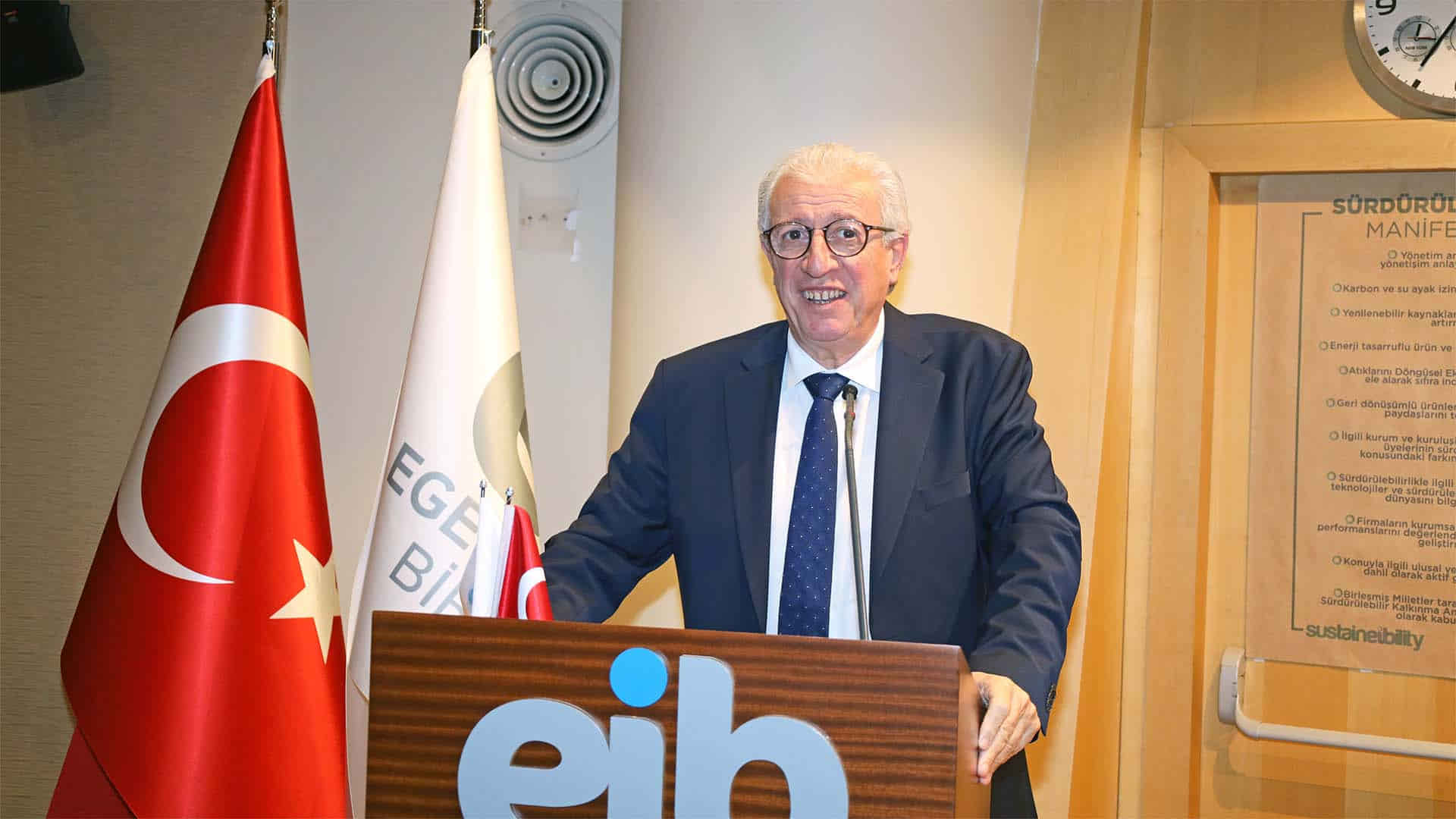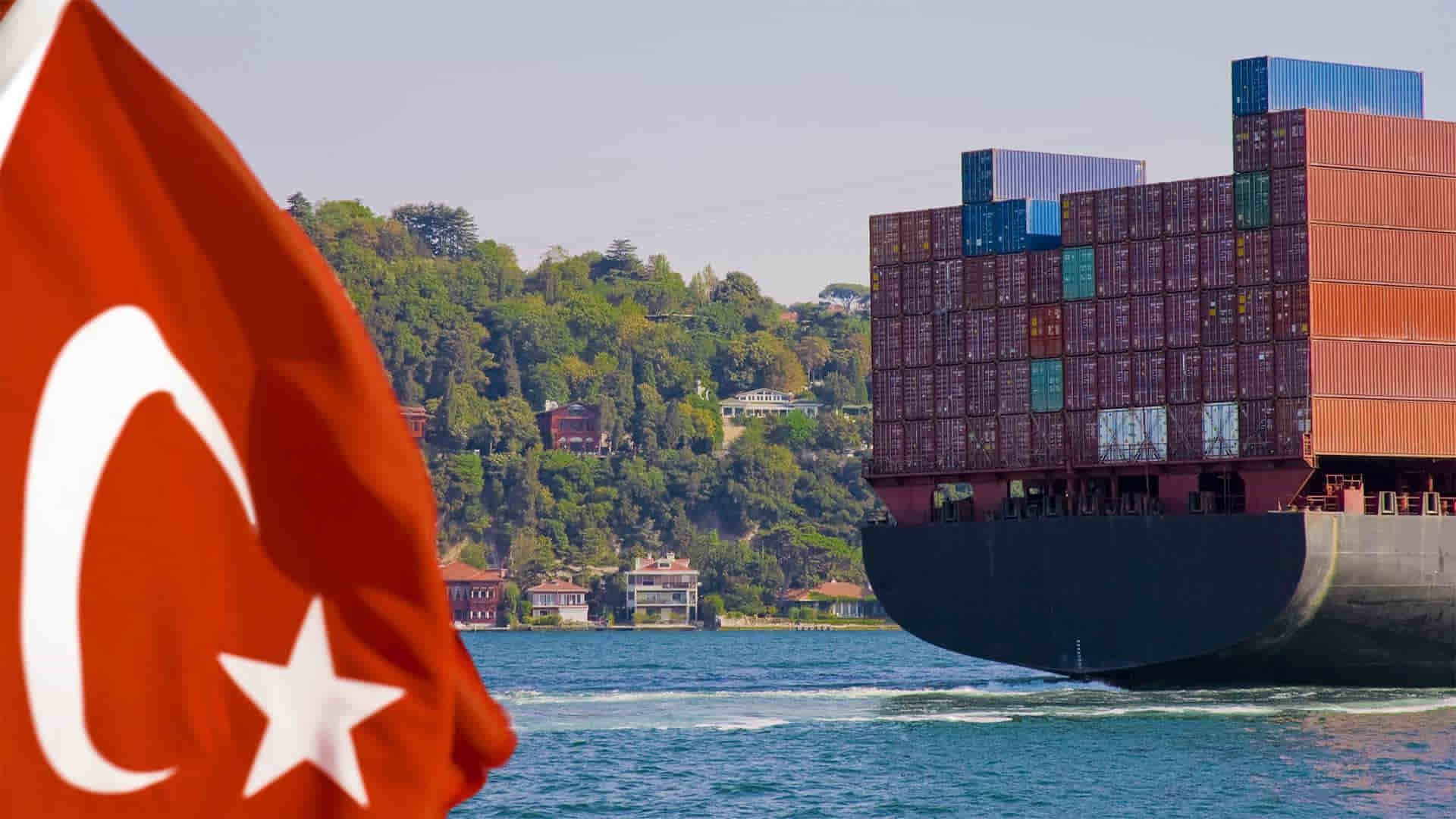Turkish exporters are experiencing serious difficulties in global competition due to the low exchange rate and low interest rate policy implemented in Türkiye for a long time, high inflation, rising energy prices and difficulties in accessing financing, as well as the effects of the earthquake in February. Exporters are loudly voicing the need for improvements in the exchange rate and energy prices. Speaking at the Ordinary General Assembly meeting of the Aegean Exporters’ Associations for 2022, Aegean Textile and Raw Materials Exporters’ Association Chairperson Jak Eskinazi made important statements on this issue.
Stating that they are working for the colleagues and entrepreneurs there to return to their commercial activities after the earthquake that shook 11 provinces centred in Kahramanmaraş, Eskinazi said that Şanlıurfa is the centre of cotton and Kahramanmaraş is the textile centre of the country. Eskinazi disclosed: “Therefore, all the problems experienced there affect us all. Our other regions are doing their best to meet the orders and demands. Factories in the disaster areas have also started to recover. They will try to offer the raw materials and semi-finished products that Türkiye needs to our exporters.”

“Our sectors have no chance to be competitive with today’s exchange rate”
Jak Eskinazi, saying that a record cotton production of over 1 million tonnes was achieved in the 2022 season and cotton imports decreased, argued that this advantage in cotton could not be used due to the recession in the world and the decrease in orders. Eskinazi continued his words as follows: “We hope that the markets in the world will return to their previous course in the coming days, orders will increase and the pressure on the exchange rate will decrease. All our sectors have no chance to be competitive with today’s exchange rate. We lost our competitiveness while energy prices in the world fell below half. We could have maintained our competitiveness if energy prices had been halved. The important thing is a competitive exchange rate and competitive energy prices.”
Commenting on the upcoming elections, Eskinazi said: “We believe that whoever comes to power will listen to our voice” and emphasised that the textile sector should be protected. Eskinazi reminded that they previously went to ITMA exhibitions to renew the factories and stated that they will go to the next edition in June to see what has been accomplished. Stating that they hope to be in a position to make investments in the coming months as the orders settle, Eskinazi underlined that they are currently trying to protect the capital, but that they will not be successful without investment. Eskinazi ended his words as follows: “Our credit problems are too much. It is essential to loosen the credits, if not, the industrialists will have a hard time. I hope that the pressures of the Central Bank will disappear as soon as possible.”


